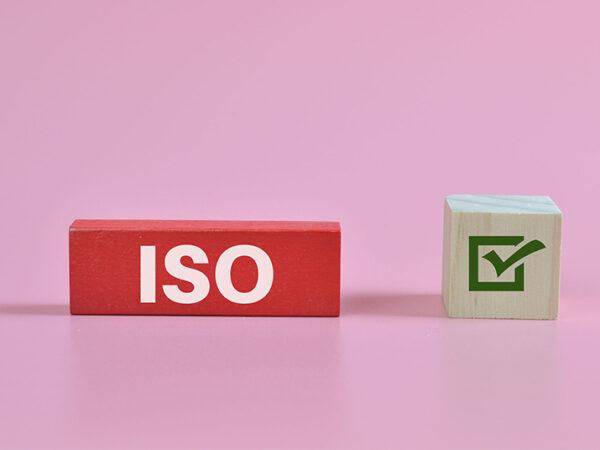The first step towards sourcing a good quality management software solution is making the decision to invest in one. The next step however is taking the time to be sure that you are choosing the right system that will provide real, lasting value. If you are simply looking for a cookie-cutter solution that does the bare minimum, you may not have to worry about taking your time when considering your options. But chances are good that you are seeking something that will help turn your quality strategies around to get the full benefit. Before you do anything else however, you first need to determine whether you have everything in place to implement such a system.
Things to Ponder Before Implementing a Quality Management System
Are you ready to roll out a high powered quality management (QMS)? Do you have everything in place and ready to go? The following questions will give you a better idea of where you stand, so that you can prepare for your QMS properly…
1. How much leadership and culture will be required in your company in order to manage quality across the board?
Do not make the mistake of assuming that quality is something that will only happen on the floor. If you truly want the system to work, it will need to be put into play at every level – from factory to sales to marketing, management, call centre and even top level executive level. Quality strategies often need buy-in from senior leaders, and having leaders across various levels will make things far simpler once you get the system into place. Having the framework for a quality culture will make all the difference to how well your strategies succeed.
2. Which processes should be globally standardised, and which should be kept local?
QMS solutions work best at global level as far as standardisation is concerned, but local efforts should not be discounted either. Global considerations include central platforms, standardised processes and anything else that benefits the company as a whole. Local considerations include specific departments, teams and micro strategies that may apply to a single branch or group. Remember too that you do not have to do everything, all at once, right away. Effective quality measures are rolled out slowly and steadily, in a way that ensures greater sustainability.
3. What systems are already in place for quality, and how effective are they?
Many companies have home-grown systems that have been in place since anyone can remember. The trouble is that often, these systems are not much use in driving results. Trying to integrate a new system into a broken or outdated old system is not very easy, either. You will need to look at how you currently store information and documents, how you handle internal audits, how you deal with customer feedback, how you handle CAPA and how other quality measures are handled. If your systems can be integrated with new systems, that is great. If not, you may need to scrap the lot and move forward with an entirely new approach.
4. What sort of reporting system is being used, and is it able to provide adequate visibility?
Which metrics will you be measuring, and how is this currently done? Not all QMS solutions are equal – some may not provide actionable intelligence, while others will give you a full reporting tool that adds plenty of value to your improvement strategies. If you already have a system in place that does the job, you may still find that this is something you want to focus on when choosing the right system for your overall needs. It is very important to realise right now before you do anything else that realistically, you will probably not have an instant quick-fix when you have implemented your new quality system. In reality, the best approach is to focus on immediate concerns – documents, audits, CAPA or general quality standardisation. Quality is a long-term, ongoing thing that is less about getting everything done right away, and more about building a culture and framework for lasting results. Keep that in mind, and you will get the most from your quality management software at all times.
Try isoTracker QMS software on a free trial now


